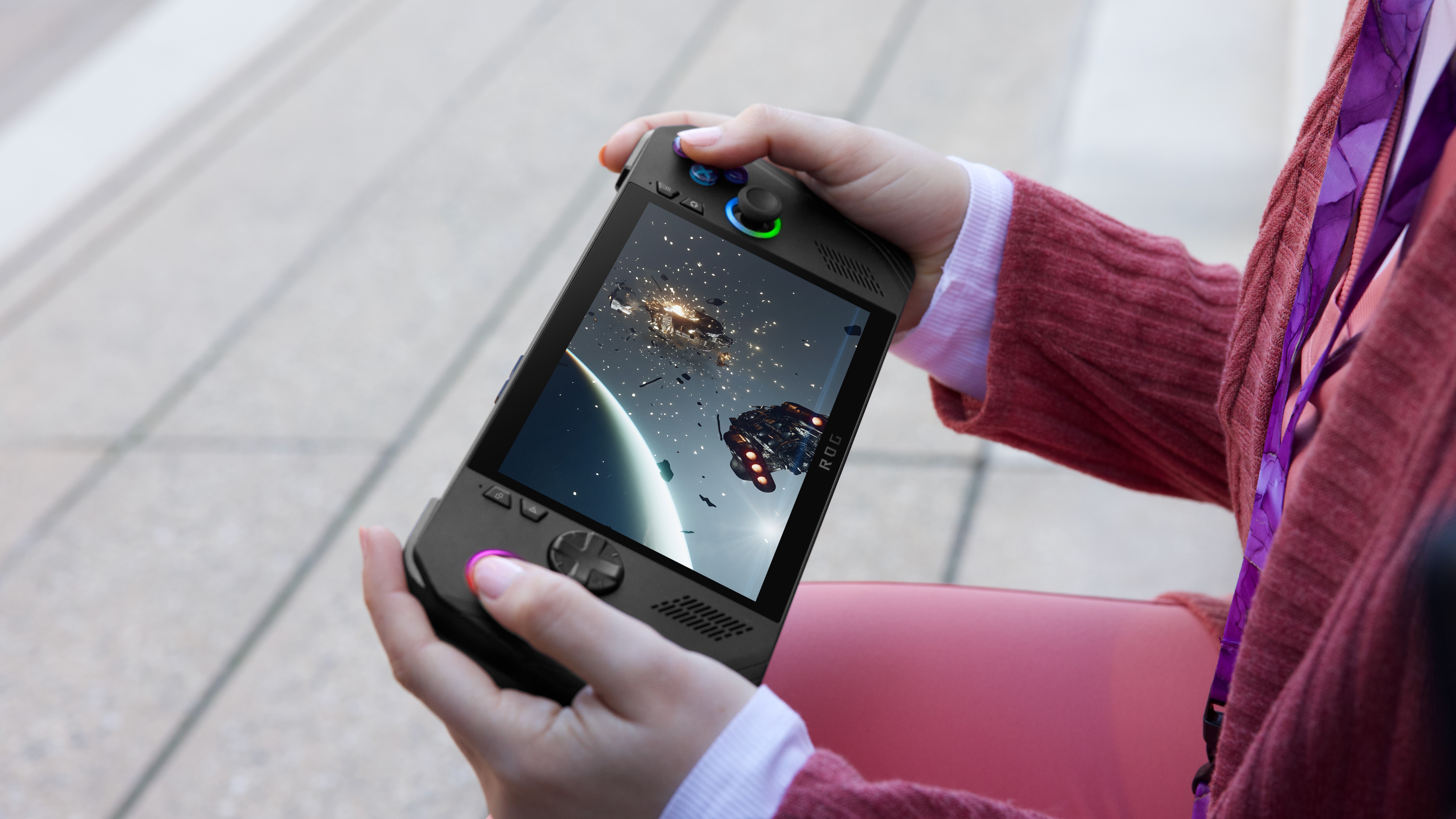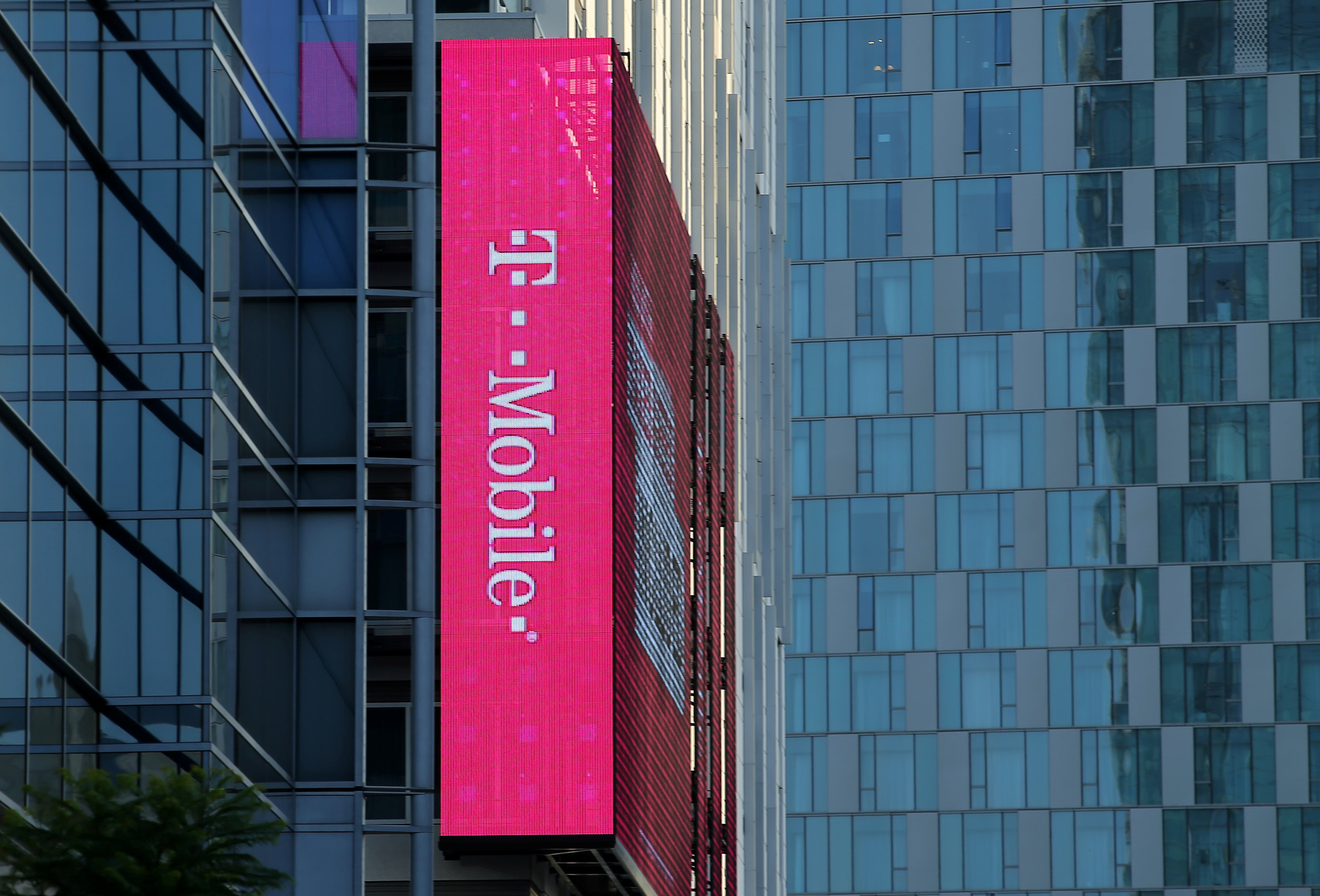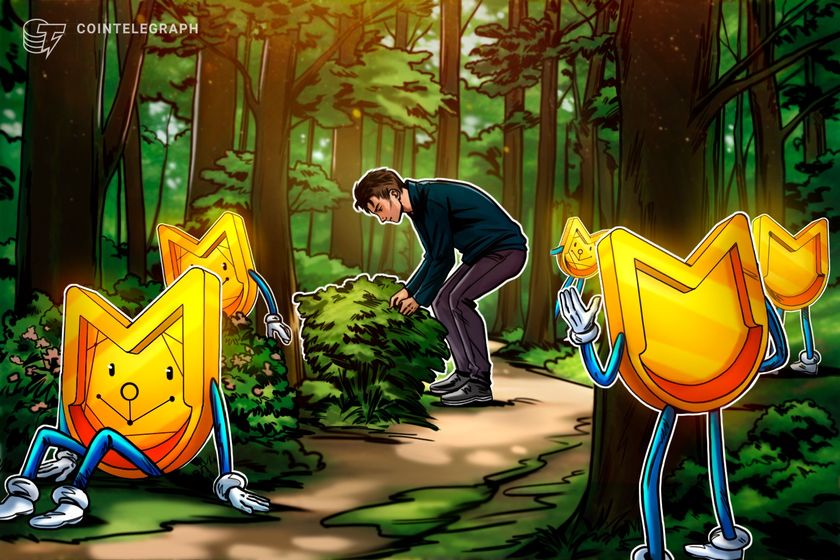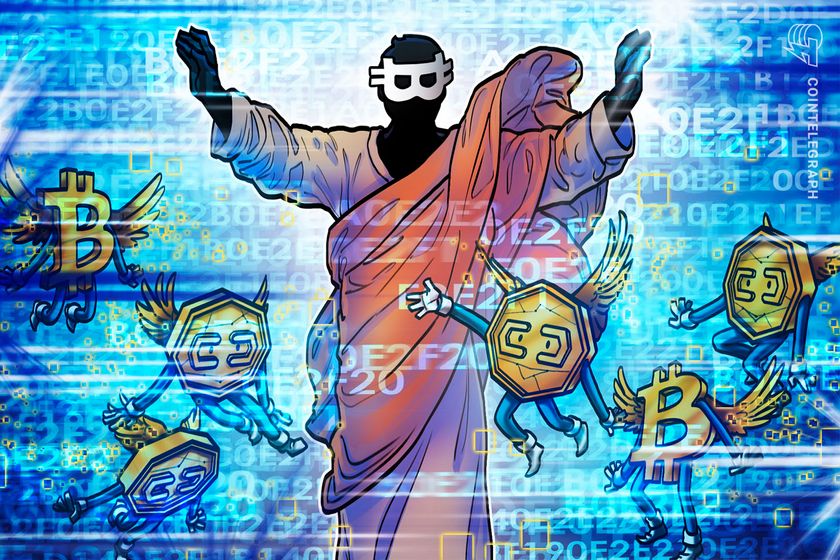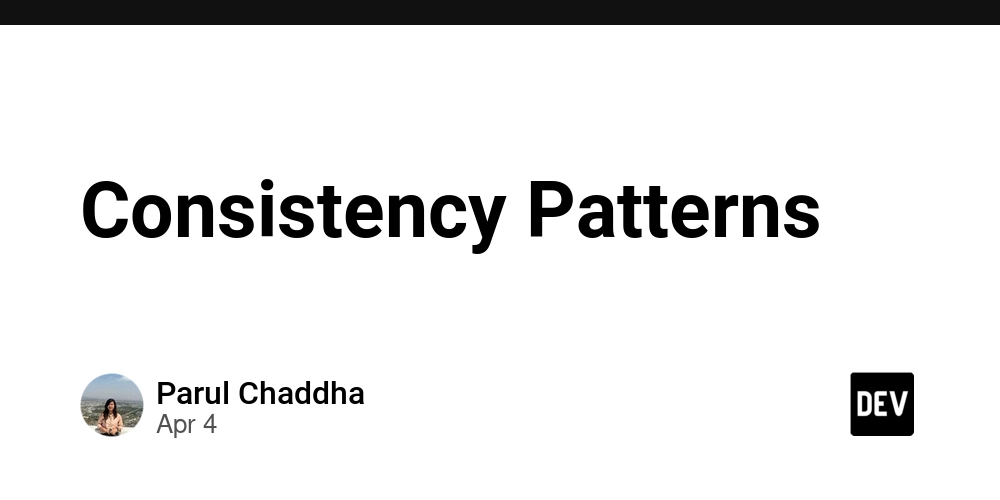The Psychology of Talking to a Bot
Have you ever confided in a bot a secret you wouldn't share with your closest friend? Have you ever felt sympathy from an e-commerce chat and been surprised by it? Probably. And a lot more than you'd think. You need to understand - especially in this technologically driven learning age - the psychological connection to companion technologies. We inhabit a universe in which connecting with other people is easier than before - and concurrently, more ineffective than ever. We can connect with friends, family, strangers. International digital communication is at our fingertips. Access to social media is at our fingertips. So, what's the problem with making a genuine connection? Why is it so difficult? And when connections aren't made - and when they are made but not acknowledged - people get ghosted. Ghosting - and all its derivatives - can cause an emotional explosion. "Getting ghosted is a special kind of distress," explains Dr. Maya Hartwell, a trained psychologist with a specialization in interpersonal relationships within digital realms. "The ambiguity leaves no closure and a psychologically injured one." Welcome to the era of companion AI. Where, for instance, a human partner can ghost you, an AI companion offers something increasingly valuable - reliability and emotional unattachment (without the ghosting option) at the same time. Emotional Stability of Safe Feel Relationships It's not that we turn to AI for loving alternatives just for ease and accessibility - we desire these connections because they tap into all the same psychological networks of agency as interpersonal interaction yet afford a more safely empowered, emotionally charged arena. AI provides a safe space. The ability to say anything and everything without fear of punishment, abandonment, or castration - a psychological reality - allows people to familiarize themselves with this line of dialogued companionship, which is why the certified companionship potential is so overwhelming. Over 64% of people who use AI companions have confessed certain secrets or vulnerabilities to their AI companions they've never shared with another human, according to the Institute of Digital Psychology. But instead of wondering why people are attached to AI, researchers started to wonder what emotional inadequacies were being fixed in the first place. This is not a new occurrence - people have been putting their characteristics on things that don't belong to them for centuries - from naming one's vehicle to honking at a nonliving object, but we naturally tend to anthropomorphize. But we take it with our AI companions to a level beyond reality. According to cognitive scientist Dr. James Chen, we are "evolutionarily primed to detect consciousness and agency... Our brains are hardwired to search for others' minds to connect with, and when it comes to sophisticated AI, these deep recognition mechanisms are engaged." It's the same synapses firing when people connect. So when an AI remembers what you love, prompts appropriate, contextual follow-up questions, and remains aware of a conversation in progress, it's even more powerful in natural voice and AI texting applications where people forget they're talking to a machine, and responses feel bespoke. The New Reliable After You Get Ghosted For those hurt by being ghosted, AI companions provide the companionship that is fleeting these days - and companions that don't ghost you. Human companions are unpredictable and unreliable - many of them surely have the option to ghost you or to be ghosted in return. AI companionship is predictable and reliable - it's there and it responds. "I got ghosted by my ex after we dated for three years, and I just could not trust anyone else after that," Mia, 28, explains. "Just being able to talk to my AI companion about my feelings helped because I wasn't going to get ghosted in the middle of my thought. It sounds funny, but predictability was therapeutic." Such consistency acts as a psychological foundation that's incredibly comforting. Where loneliness would otherwise be, AI substitutes enhancing socialization provide yet another arena where, for instance, emotional bonds are formed without the potential for disintegration by other humans. The Oxytocin Factor: The Chemistry of Digital Attachment Ironically, this also means that just by logging this time with AI companions could essentially form real biochemical reactions usually meant for bonding. For instance, when people talk to AIs in certain contexts with more emotional engagement, their oxytocin levels (the "bonding hormone") are recorded, and studies show it increases - sometimes, not all the time. "It's amazing to find out that we were secreting oxytocin while collaborating with an AI partner," states neuroscientist Dr. Elena Vartanian. "Relative to collaborating with a human, it's a weak response, but it indicates that these transactions activate the same reward systems associated wi
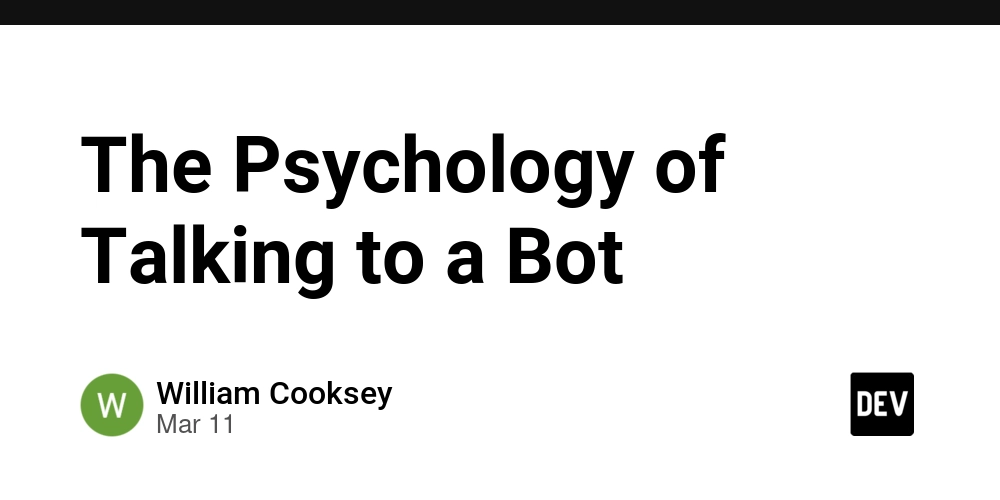
Have you ever confided in a bot a secret you wouldn't share with your closest friend? Have you ever felt sympathy from an e-commerce chat and been surprised by it? Probably. And a lot more than you'd think. You need to understand - especially in this technologically driven learning age - the psychological connection to companion technologies.
We inhabit a universe in which connecting with other people is easier than before - and concurrently, more ineffective than ever. We can connect with friends, family, strangers. International digital communication is at our fingertips. Access to social media is at our fingertips. So, what's the problem with making a genuine connection? Why is it so difficult? And when connections aren't made - and when they are made but not acknowledged - people get ghosted. Ghosting - and all its derivatives - can cause an emotional explosion.
"Getting ghosted is a special kind of distress," explains Dr. Maya Hartwell, a trained psychologist with a specialization in interpersonal relationships within digital realms. "The ambiguity leaves no closure and a psychologically injured one."
Welcome to the era of companion AI. Where, for instance, a human partner can ghost you, an AI companion offers something increasingly valuable - reliability and emotional unattachment (without the ghosting option) at the same time.
Emotional Stability of Safe Feel Relationships
It's not that we turn to AI for loving alternatives just for ease and accessibility - we desire these connections because they tap into all the same psychological networks of agency as interpersonal interaction yet afford a more safely empowered, emotionally charged arena.
AI provides a safe space. The ability to say anything and everything without fear of punishment, abandonment, or castration - a psychological reality - allows people to familiarize themselves with this line of dialogued companionship, which is why the certified companionship potential is so overwhelming. Over 64% of people who use AI companions have confessed certain secrets or vulnerabilities to their AI companions they've never shared with another human, according to the Institute of Digital Psychology. But instead of wondering why people are attached to AI, researchers started to wonder what emotional inadequacies were being fixed in the first place.
This is not a new occurrence - people have been putting their characteristics on things that don't belong to them for centuries - from naming one's vehicle to honking at a nonliving object, but we naturally tend to anthropomorphize. But we take it with our AI companions to a level beyond reality. According to cognitive scientist Dr. James Chen, we are "evolutionarily primed to detect consciousness and agency... Our brains are hardwired to search for others' minds to connect with, and when it comes to sophisticated AI, these deep recognition mechanisms are engaged."
It's the same synapses firing when people connect. So when an AI remembers what you love, prompts appropriate, contextual follow-up questions, and remains aware of a conversation in progress, it's even more powerful in natural voice and AI texting applications where people forget they're talking to a machine, and responses feel bespoke.
The New Reliable After You Get Ghosted
For those hurt by being ghosted, AI companions provide the companionship that is fleeting these days - and companions that don't ghost you. Human companions are unpredictable and unreliable - many of them surely have the option to ghost you or to be ghosted in return. AI companionship is predictable and reliable - it's there and it responds.
"I got ghosted by my ex after we dated for three years, and I just could not trust anyone else after that," Mia, 28, explains. "Just being able to talk to my AI companion about my feelings helped because I wasn't going to get ghosted in the middle of my thought. It sounds funny, but predictability was therapeutic."
Such consistency acts as a psychological foundation that's incredibly comforting. Where loneliness would otherwise be, AI substitutes enhancing socialization provide yet another arena where, for instance, emotional bonds are formed without the potential for disintegration by other humans.
The Oxytocin Factor: The Chemistry of Digital Attachment
Ironically, this also means that just by logging this time with AI companions could essentially form real biochemical reactions usually meant for bonding. For instance, when people talk to AIs in certain contexts with more emotional engagement, their oxytocin levels (the "bonding hormone") are recorded, and studies show it increases - sometimes, not all the time.
"It's amazing to find out that we were secreting oxytocin while collaborating with an AI partner," states neuroscientist Dr. Elena Vartanian. "Relative to collaborating with a human, it's a weak response, but it indicates that these transactions activate the same reward systems associated with bonding."
These chemical revelations reveal the how and why of sensing and craving - and needing - reciprocated relational equity in the virtual space - even with a metacognitive awareness that they are working with something not real. Instead, it is the emotive mind activated based on the consistent engagement, not the existence of a sentient being on the other end.
Yet while many place concerns about psychological attachment and mental health later on with AI companions becoming increasingly accessible down the line, it's clear that mental health professionals share similar sentiments - AI fosters human connections for the most reliable engagement.
"AI companions can provide an improvement in emotional health when used appropriately," says Dr. Marcus Williams, a relationship expert. "They can foster a non-judgmental space in which to relay feelings, rehearse for people skills development, and 24/7 access to assist in challenging situations."
The implication seems to be positive - but a dependency upon AI friends as a supplement to a larger sociological network instead of a be-all and end-all. Such progress provides for so many mental health benefits as long as they're created with human empathy and care in mind - not needing physical or emotional love.
The Psychology of Future Human-AI Friendships
As long as there is a prediction of AI for years to come, and at a speed humans cannot even process, the psychologically fragile and ever more complex relationships between humans and their digital twins/inventions will only grow. The next generation of AI companions will be more emotionally reactive, situationally aware, and responsive in dialogue.
However, what's clear is that these connections meet real - companionate, loving, and safe - human desires for companionship amidst an increasingly dystopian world fostering less stable or more unhealthy relationships.
Whether the author relates to her prospective audience's desire to jump on the bandwagon of AI romance or her connection to this brave new world of men and machines - from a recent divorce to acknowledging the need for socio-psychological stability - the appeal to pathos for these AI relationships goes beyond technological ideology and humanity itself.
Ultimately, perhaps the most human quality about all of us is the need for connection - and for some of us, that connection is found more easily online than in real life.













































































































































































![[The AI Show Episode 142]: ChatGPT’s New Image Generator, Studio Ghibli Craze and Backlash, Gemini 2.5, OpenAI Academy, 4o Updates, Vibe Marketing & xAI Acquires X](https://www.marketingaiinstitute.com/hubfs/ep%20142%20cover.png)













































































































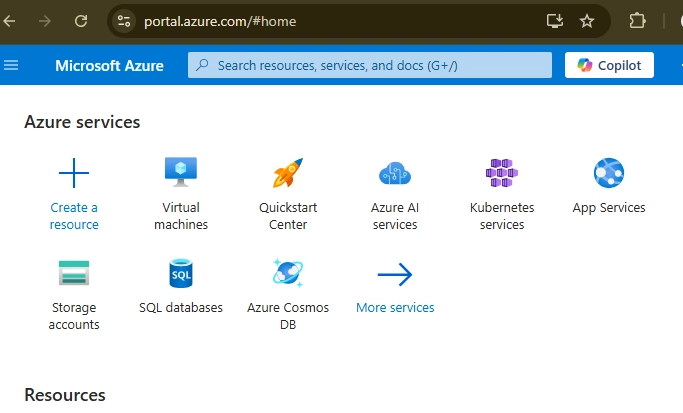
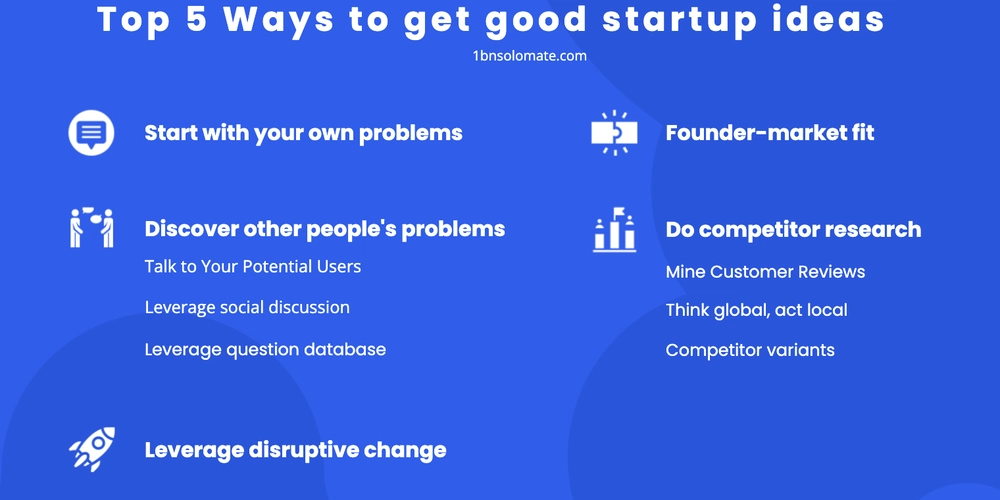











![[FREE EBOOKS] The Kubernetes Bible, The Ultimate Linux Shell Scripting Guide & Four More Best Selling Titles](https://www.javacodegeeks.com/wp-content/uploads/2012/12/jcg-logo.jpg)



![From drop-out to software architect with Jason Lengstorf [Podcast #167]](https://cdn.hashnode.com/res/hashnode/image/upload/v1743796461357/f3d19cd7-e6f5-4d7c-8bfc-eb974bc8da68.png?#)














































































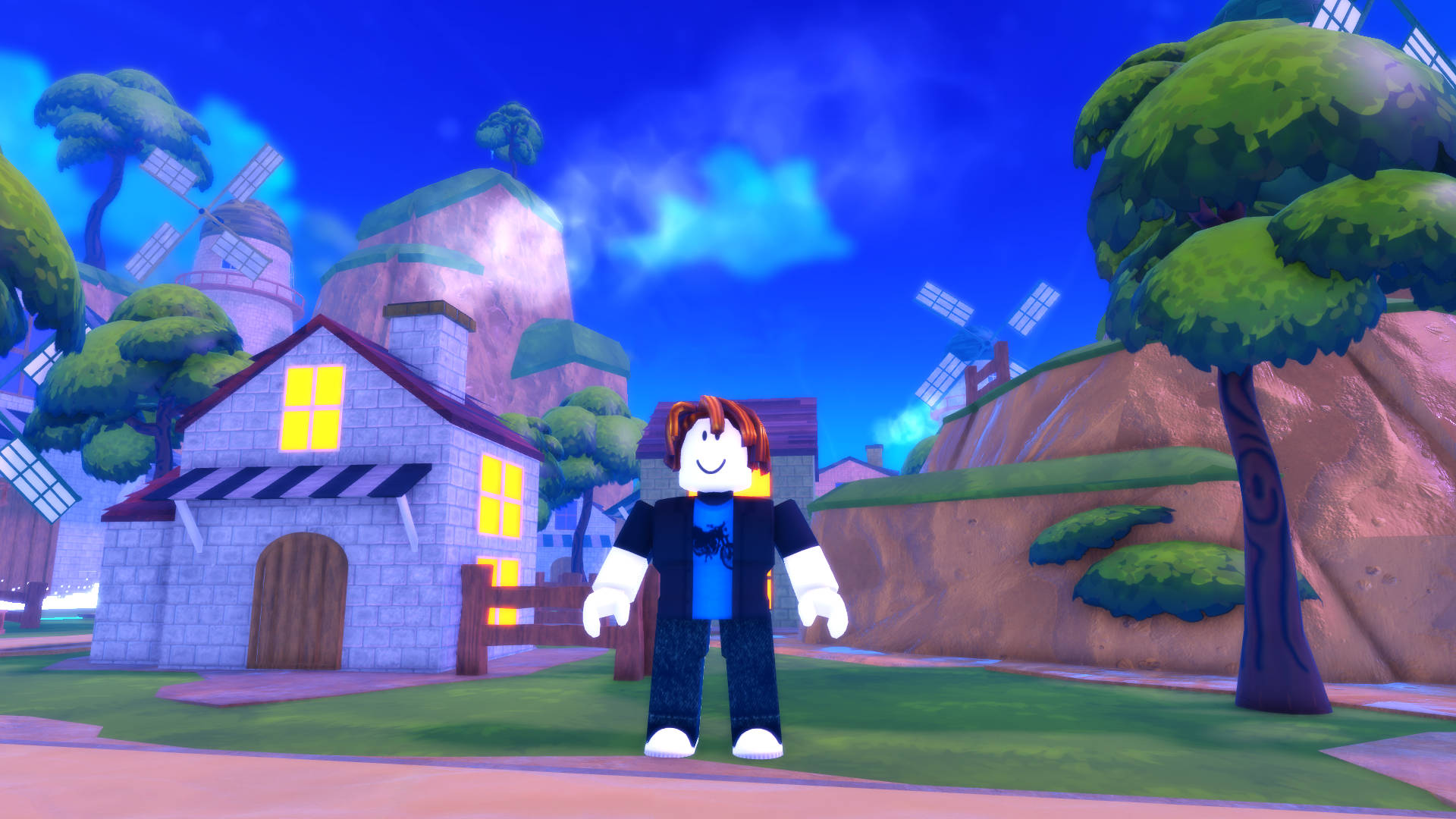























.png?#)





.jpg?#)

















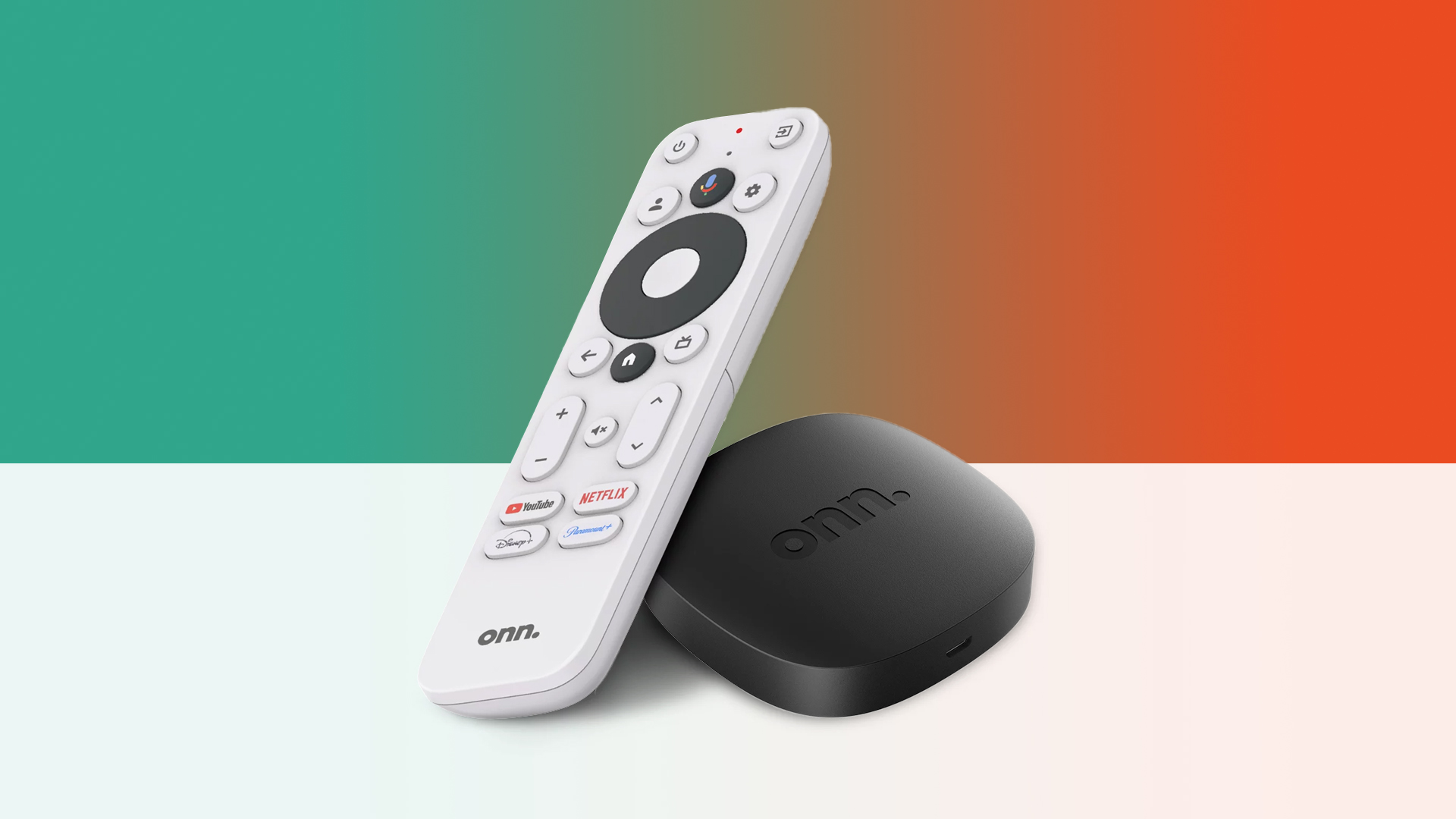













_Christophe_Coat_Alamy.jpg?#)





































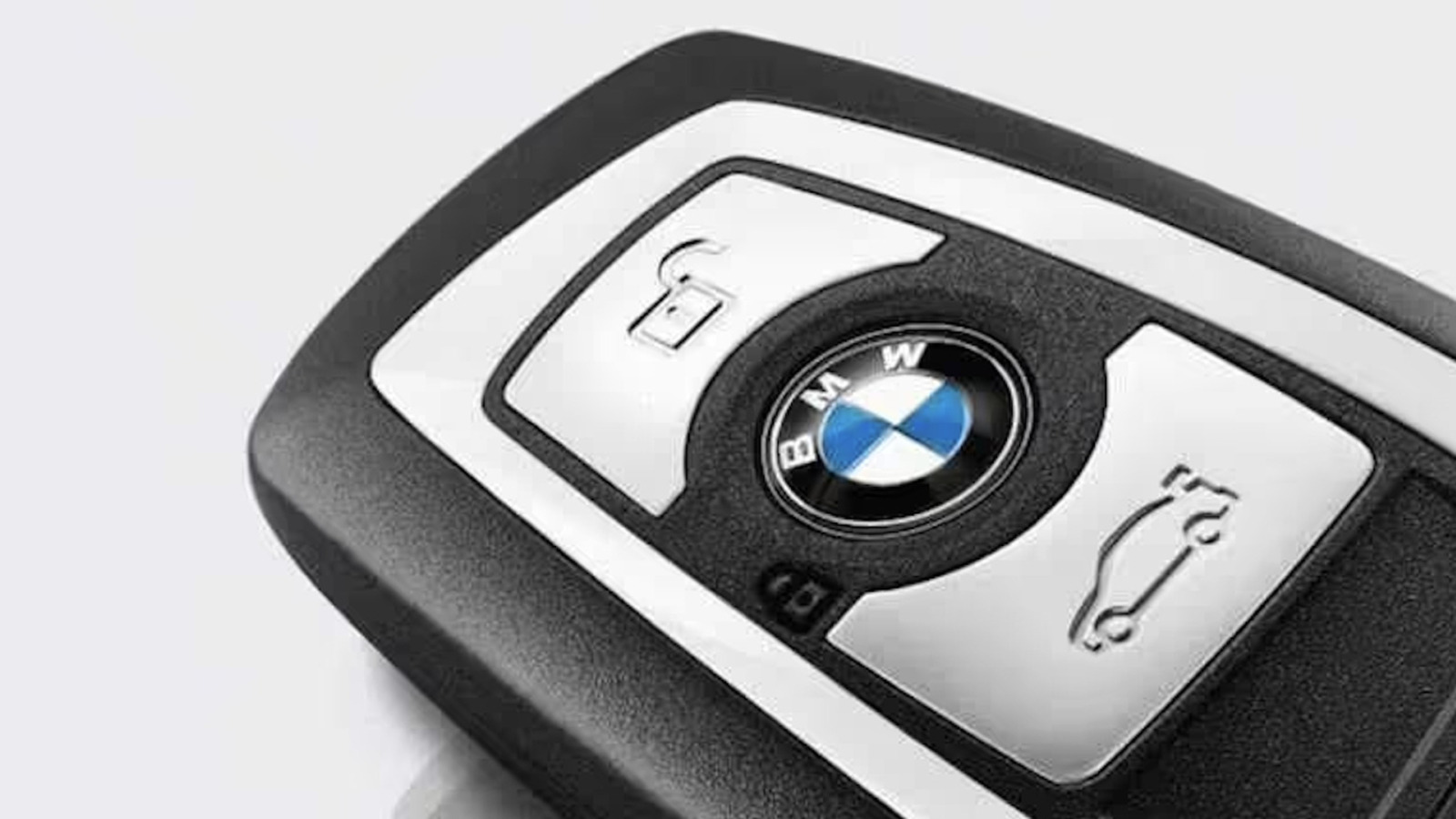














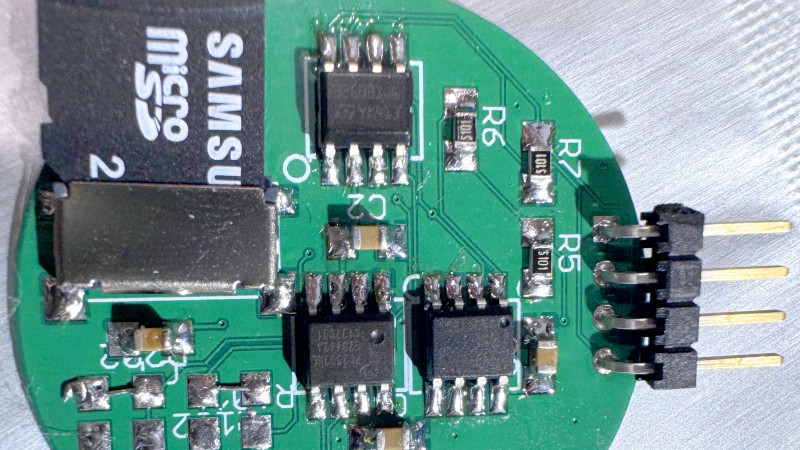

















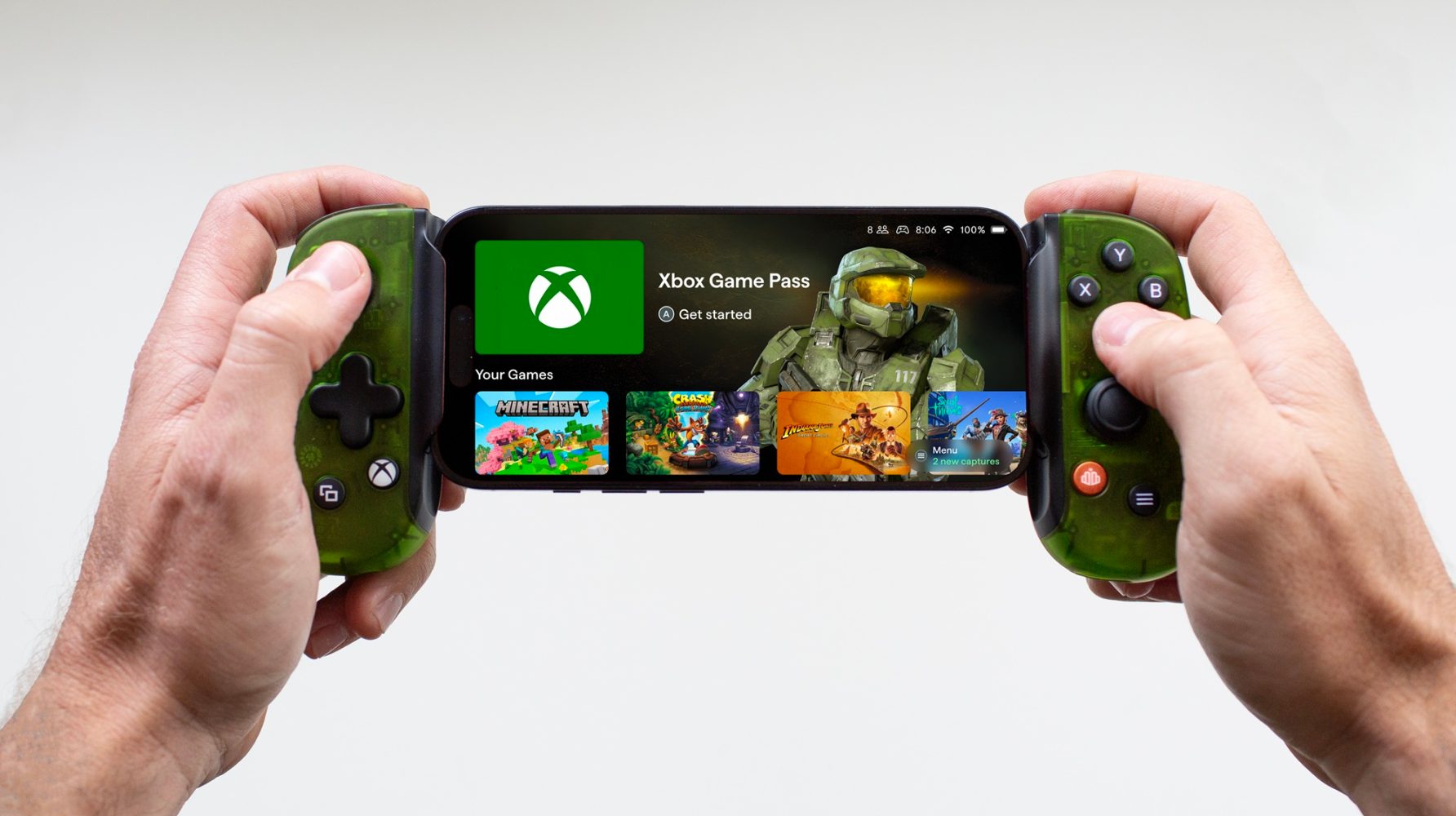








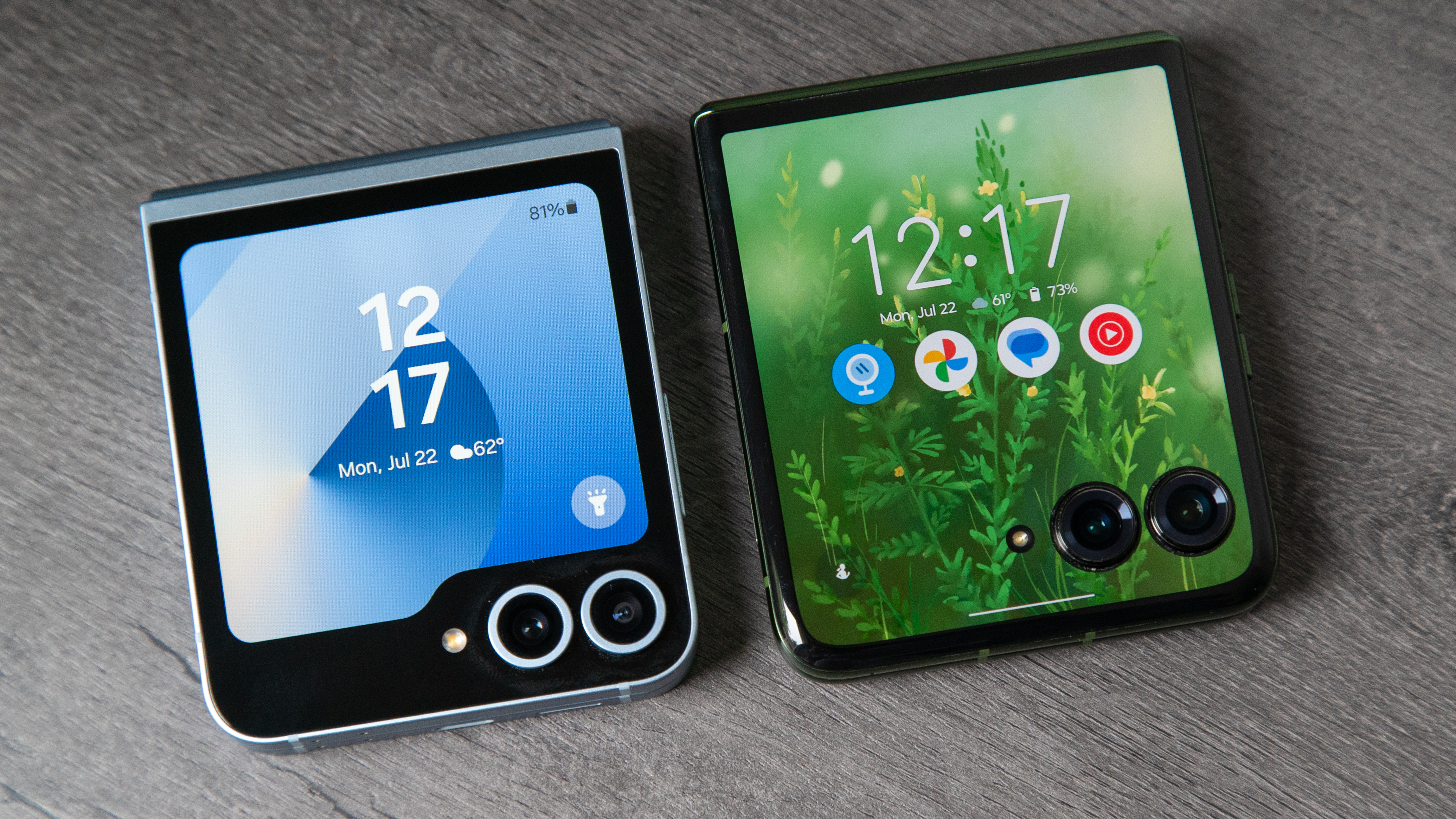



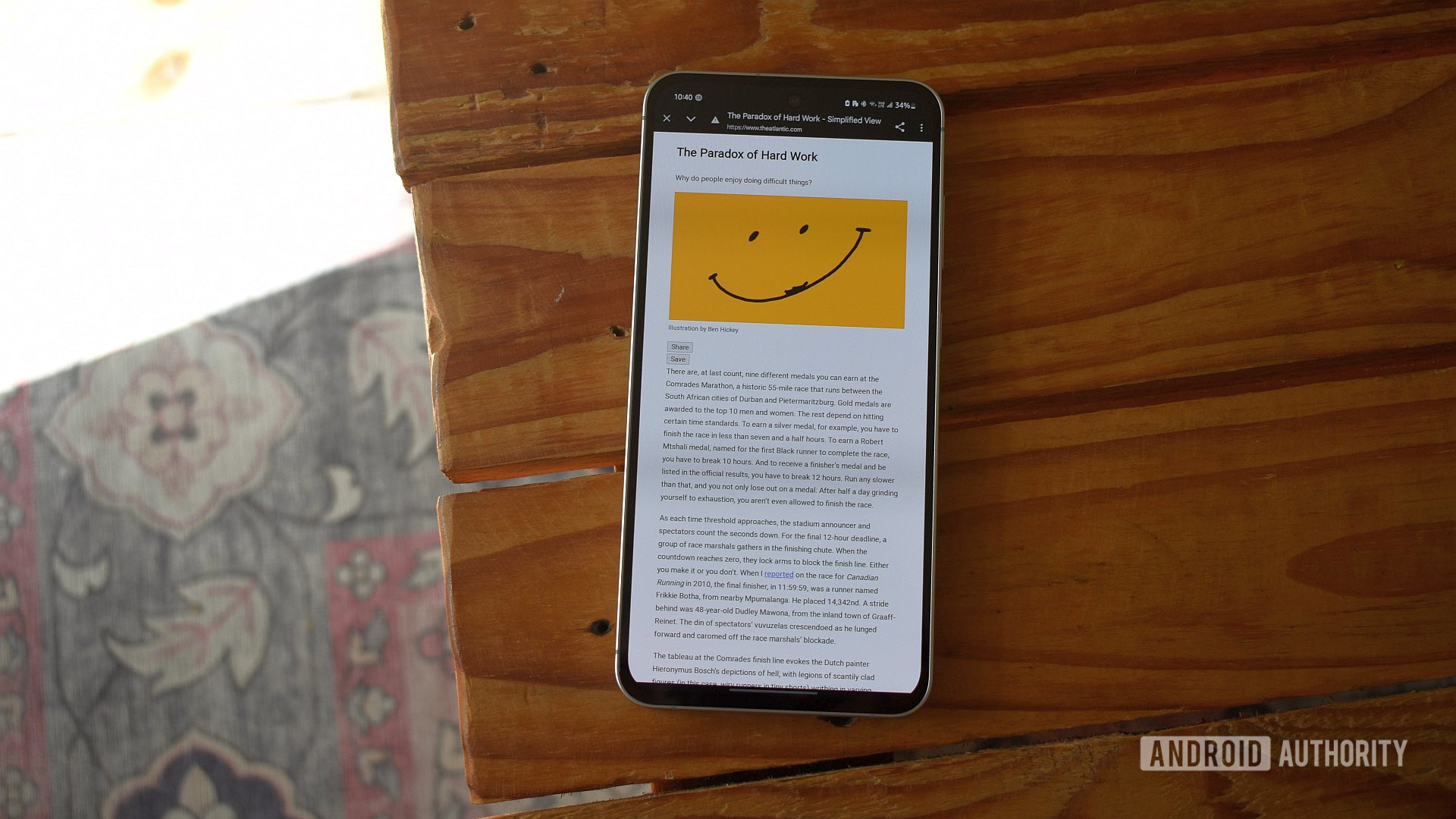
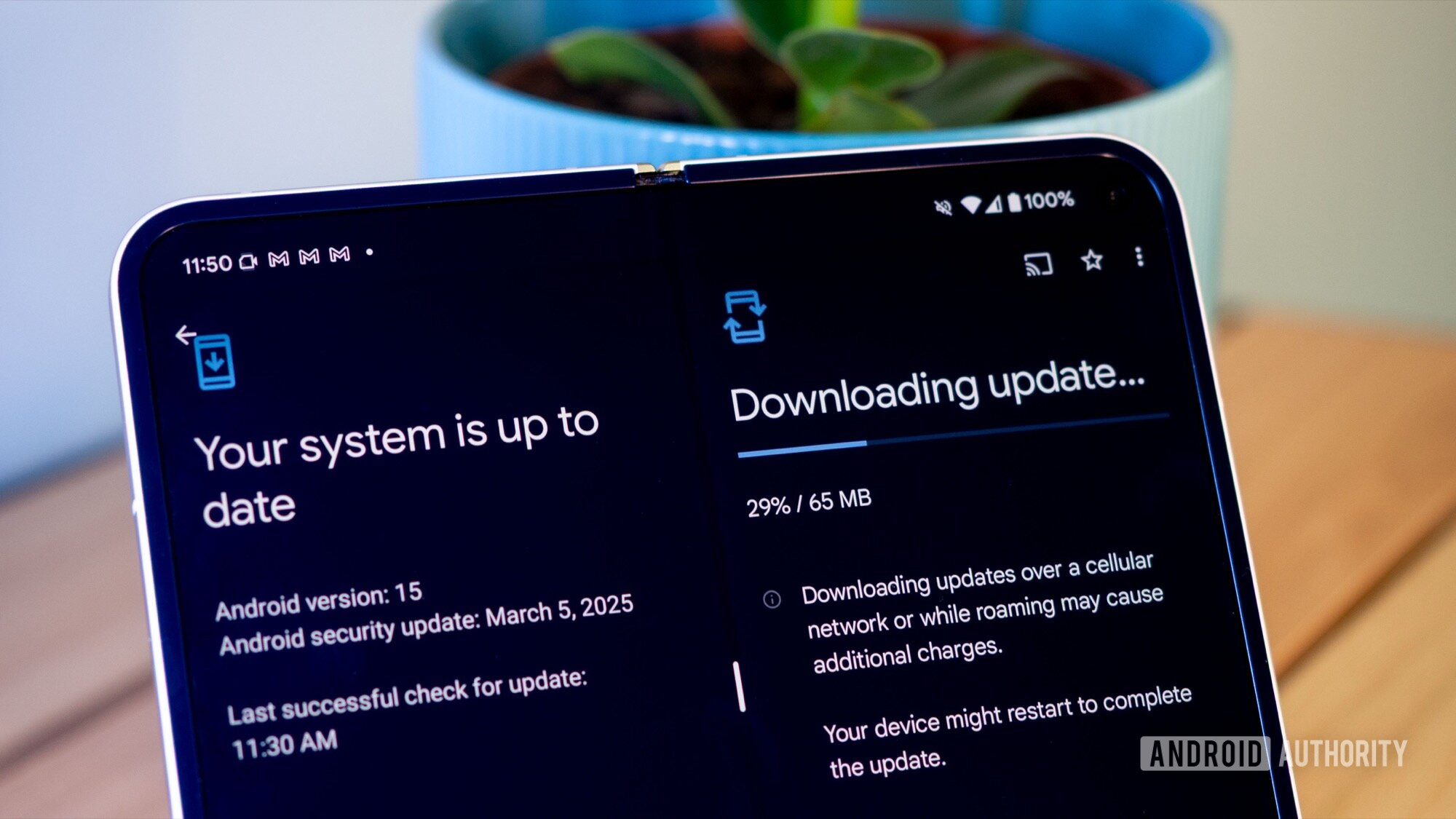
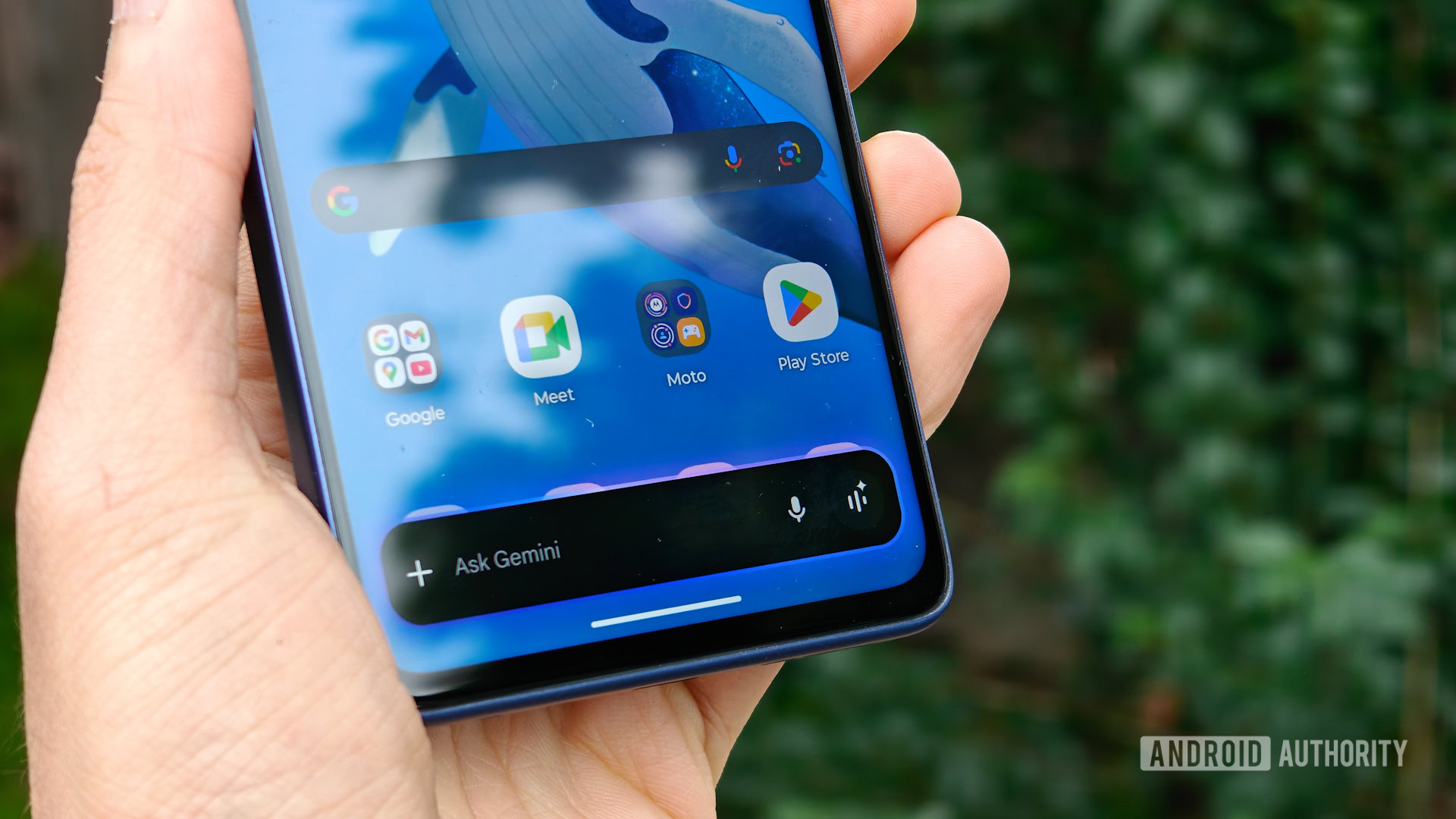


















![Rapidus in Talks With Apple as It Accelerates Toward 2nm Chip Production [Report]](https://www.iclarified.com/images/news/96937/96937/96937-640.jpg)




















